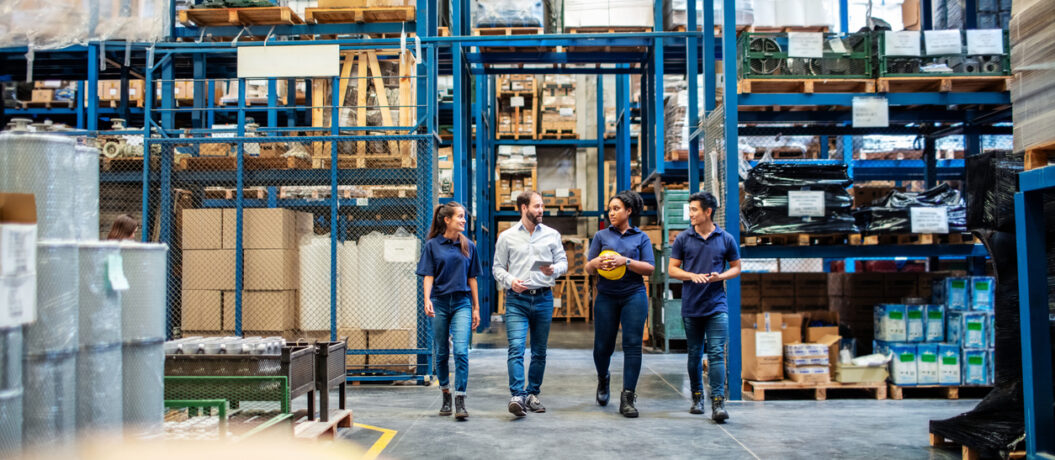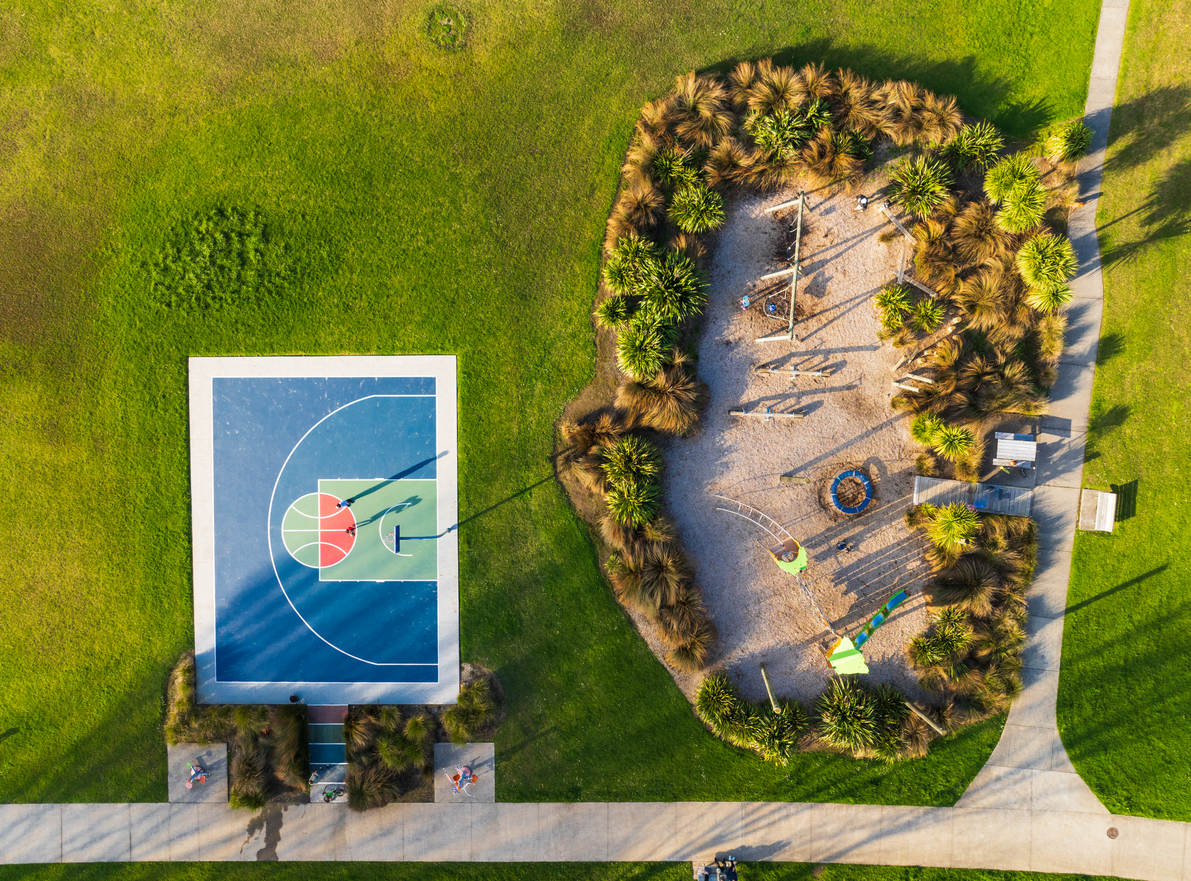Facilities management requires a diverse skill set and an understanding of people and processes. Whether you’re new to the field or looking to enhance your skills, here are some essential tips on how to be a good facilities manager:
Mastering the Basics
Understanding the ins and outs of facility operations is fundamental. This includes knowing how HVAC systems work, understanding electrical and plumbing systems, and being familiar with up-to-date building codes and regulations. A facilities manager should develop a robust maintenance schedule and ensure preventive maintenance to avoid costly repairs and downtime.
Prioritize Preventive Maintenance
Preventive maintenance is key to avoiding costly repairs and downtime. Develop and implement a comprehensive preventive maintenance schedule for all systems and equipment within your facility. Regular inspections and proactive repairs can significantly extend the lifespan of equipment and reduce operational disruptions.
Effective Communication Skills
As a facilities manager, you’ll interact with various stakeholders, including building occupants, vendors, contractors, and management. Strong communication skills are essential for conveying information clearly, listening to concerns, and coordinating tasks effectively. Being able to communicate technical information in an accessible way is particularly valuable for stakeholders.
Embrace Technology and Automation
Technology plays a vital role in modern facilities management. Familiarize yourself with facility management software and tools that can streamline processes such as work order management, asset tracking, and inventory management. Automation can help improve efficiency and accuracy in tasks like scheduling maintenance and tracking inventory. Making day-to-day tasks much simpler and less timely.
Focus on Sustainability
Sustainability is becoming increasingly important in facilities management. Implement practices that reduce energy consumption, minimize waste generation, and promote environmentally friendly initiatives. These can be as easy as updating recycling practices. This not only benefits the environment but can also lead to cost savings in the long term.
Stay Updated with Industry Trends
The field of facilities management is dynamic, with new technologies, regulations, and best practices emerging regularly. Stay updated with industry trends by attending conferences, participating in professional development opportunities, and networking with peers to stay informed and continuously improve your skills. While remaining flexible to adapt to any changing circumstances.
Emergency Preparedness
Facilities managers must be prepared to handle emergencies such as power outages, natural disasters, or security incidents. Develop and regularly update emergency response plans, conduct drills, and ensure that staff are trained on emergency procedures to mitigate risks and ensure the safety of building occupants.
Being a facilities manager requires a combination of technical expertise, communication skills, leadership ability, and a commitment to continuous improvement. Understanding relationship-building skills such as networking with industry peers and abilities to exchange best practices. By mastering these skills and principles, you can effectively oversee the operations of your facility and contribute to its overall success.












